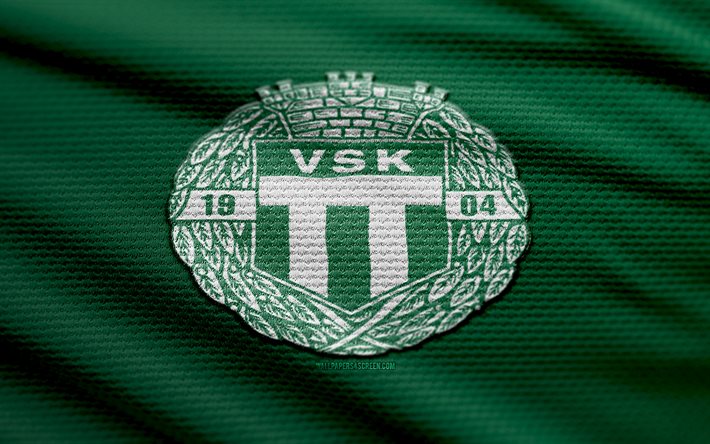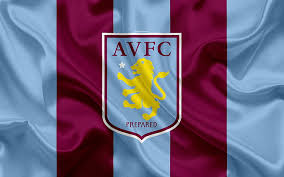
Wales FC
Beyond foundational moments, the story of Wales FC is illuminated by the lives and careers of iconic figures who have donned its colors. From visionary coaches to world-class talents, these individuals have left indelible marks on the club’s identity, propelling it onto the global stage. Their achievements and personalities transcend mere statistics, encapsulating the essence of Welsh football’s enduring spirit.
Trailblazing Legends of Wales FC
Throughout its history, Wales FC has been graced by players whose talents have electrified fans and inspired countless youngsters to dream of following in their footsteps. These trailblazers became ambassadors for Welsh football, showcasing skill, determination, and sportsmanship dagathomo.
One such figure was John Charles, affectionately nicknamed “The Gentle Giant.” A versatile player renowned for his prowess both as a defender and striker, Charles achieved legendary status not only domestically but also during his tenure at Juventus. His technical brilliance combined with humility captured the hearts of fans, embodying the ideal qualities of a true Welsh hero.
Then there was Ivor Allchurch, the “Golden Boy” of Welsh football, lauded for his creativity and scoring ability. His performances throughout the 1950s and 60s elevated the profile of Wales FC, reminding the world that small nations could produce world-class talent. Both Charles and Allchurch set standards of excellence that continue to inspire today’s generation.
Their stories underscore the power of sport to transcend boundaries, with their successes serving as points of national pride during eras when Wales sought recognition on the international scene. Their legacies endure not just through records, but through the values they embodied—courage, humility, and relentless pursuit of greatness.
The Golden Generation and Modern Icons
Fast forward several decades, and Wales FC witnessed a resurgence through what many consider its “golden generation.” This era was defined by the emergence of supremely talented players who reignited hopes of international success.
Foremost among them is Gareth Bale, arguably the most globally recognized Welsh footballer of the modern era. Bale’s blistering pace, technical mastery, and penchant for scoring spectacular goals elevated him to superstar status at Real Madrid, where he collected multiple Champions League titles. Yet, despite his club fame, Bale’s commitment to the national cause remained unwavering, often delivering heroic performances in critical fixtures for Wales FC.
Alongside Bale stood Aaron Ramsey, a midfield maestro known for his intelligence and goal-scoring instincts cultivated at Arsenal and later Juventus. Together, they spearheaded historic campaigns, notably the unforgettable run to the Euro 2016 semi-finals—a feat that captured the imagination of fans worldwide.
These modern icons symbolize the evolution of Welsh football from an underdog story to one of genuine competitiveness at the highest level. Their journeys highlight the importance of nurturing homegrown talent and the profound impact a few exceptional individuals can have on a nation’s footballing fortunes Cách nuôi gà đá tới pin.
Influential Managers and Tactical Evolution
While players often steal the spotlight, Wales FC’s progression owes much to the tactical acumen and leadership of its managers. These figures have shaped playing styles, fostered team spirit, and navigated the complexities of international competition.
In recent times, Chris Coleman stands out as a transformative figure. Assuming managerial duties during turbulent times, Coleman revitalized the squad with a blend of discipline and freedom. His tactical nous was evident during Euro 2016, where strategic flexibility allowed Wales FC to punch above its weight, famously defeating Belgium en route to the semi-finals. This success marked a watershed moment, reshaping external perceptions of Welsh football capabilities.
Historically, other managers have also left their mark through different eras—guiding Wales FC through qualifying campaigns, developing youth programs, or instilling national pride in their squads. Each contributed uniquely to the club’s evolving identity and competitive ambitions.
What unites these coaches is an understanding that football in Wales transcends mere tactics—it requires harnessing a collective spirit born from shared history and aspirations. Their leadership continues to inspire new generations to believe in the possibilities ahead.



